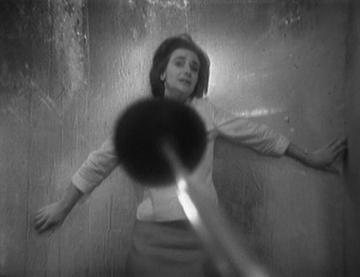Tommie Hu$tle
Member
CNN) -- Scientists at the University of the West of England (UWE) have designed a robot that does not require batteries or electricity to power itself.
Instead, it generates energy by catching and eating houseflies.
Dr Chris Melhuish and his Bristol-based team hope the robot, called EcoBot II, will one day be sent into zones too dangerous for humans, potentially proving invaluable in military, security and industrial areas.
Melhuish, who is director of the Intelligent Autonomous Systems Lab at the UWE, told CNN that the EcoBot II was a result of a quest for an intelligent robot that could function without human supervision.
"That means they need energy. It is one thing to have a robot getting its energy from a household socket, or maybe from the factory floor, but it is another thing when the robot goes outside buildings," he said.
"Of course, there is solar energy outside. Little robots can use solar energy to move about. But mostly, if there is not a lot of solar energy about, you have to give robots batteries -- which eventually run out."
The EcoBot II powers itself in much the same way as animals feed themselves to get their energy, he said.
At this stage, EcoBot II is a "proof-of-concept" robot and travels only at roughly 10 centimeters per hour.
But the self-sustaining robot had the potential to be used in conditions that were not suitable for humans, said Melhuish.
"In the future, I think we are going to want robots to go to places that we don't want to go. In order to do that, it's unlikely that these robots are going to have sufficient energy to carry out their tasks," he said.
The EcoBot II uses human sewage as bait to catch the insects. It then digests the flies, before their exoskeletons are turned into electricity, which enables the robot to function.
Bacteria in the sewage eats the flies' soft tissues, which releases enzymes that break down the hardened shell.
Sugar molecules released from the broken-down shell are then absorbed and used as energy by the bacteria.
"The robot then has the energy to carry out some example tasks which in this case include moving towards light, measuring temperature. It has a temperature sensor. It could be anything, but we have chosen temperature," Melhuish said.
"Then it transmits that temperature information over a radio link to a base station a couple of meters away and it does that all using the energy from insect or plant material.
That's really cool until the robot realizes that it needs to consume human flesh to maintain its power.



